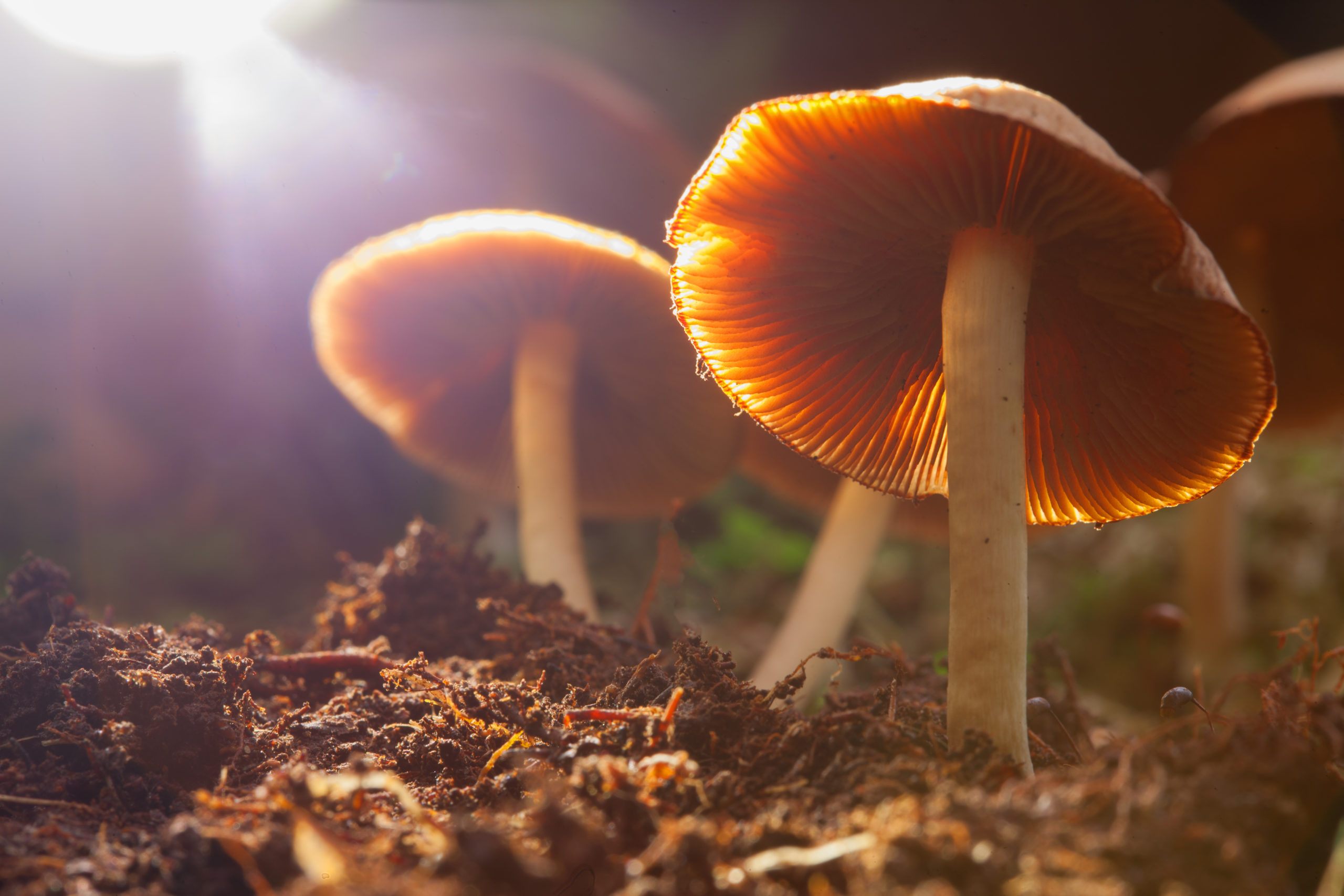latest
Magic mushroom ingredient can reduce depression, study finds
The trial, the biggest of its kind so far, found that nearly a third of patients went into remission after a single dose of psilocybin combined with therapy
"When the brain is in a more flexible state it opens what we consider to be a therapeutic window of opportunity.” Dr James Rucker, consultant psychiatrist at South London and Maudsley NHS Foundation Trust
Psilocybin, a psychedelic compound found in magic mushrooms, can help to alleviate severe depression if used in combination with psychotherapy, a clinical trial has found.
The results, published in the New England Journal of Medicine, showed that nearly a third of patients with severe depression went into rapid remission after a single 25mg dose of psilocybin followed by therapy sessions.
The phase 2b trial, the biggest so far into psilocybin and depression, was conducted at 22 sites across the UK, Europe and North America. It recruited 233 patients with resistant depression and randomly assigned them to receive a single capsule of either 1mg, 10mg or 25mg of synthetic psilocybin. Patients listened to a calming playlist and wore eye shades to turn their attention inward for at least six hours while the psychedelic took hold. A therapist was present throughout to make sure patients stayed safe and well. The volunteers went on to have therapy sessions the day after having the drug and one week later.
Depression scores, measured on the standard Montgomery-Åsberg depression scale, improved immediately after treatment in all three arms of the trial. The most significant impact was in those on the highest 25mg dose of psilocybin. Three weeks after having the drug, 29% of this group were in remission, compared with 9% and 8% of the 10mg and 1mg groups respectively. At 12 weeks, benefits persisted in 20% of those in the high-dose group, compared with one in 10 in the lowest-dose group.
Depression has a ‘staggering’ burden
Professor Guy Goodwin, the chief medical officer at Compass Pathways, the mental healthcare firm that led the trial, described the results as “exceptional”, adding: “Response rates in this group with treatment-resistant depression are usually between 10% and 20%. We are seeing remission rates at three weeks of about 30% … that is a very satisfactory outcome.”
Dr James Rucker, a consultant psychiatrist at South London and Maudsley NHS foundation trust, who worked on the trial at King’s College London, said treatment-resistant depression placed a “staggering” burden on patients, with a total cost to the UK of £3.9bn a year.
Inside the body, psilocybin is broken down into psilocin, which releases waves of neurotransmitters in the brain. MRI scans show that brain activity becomes more chaotic on psilocin, with different regions of the brain communicating with each other more than usual. Rucker said that this was positive: “That happens every night: when you dream your brain becomes more plastic, slightly more chaotic, and it’s when new connections are formed.” He added: “When the brain is in a more flexible state it opens what we consider to be a therapeutic window of opportunity.”
Many patients reported side-effects, however, including headaches, nausea, dizziness and fatigue. One person had a bad trip and was given a sedative to help their anxiety.
FCC Insight
These are very encouraging results. Resistant depression is, by definition, hard to treat, so a trial that shows nearly a third of patients benefiting from a treatment that combines psilocybin with therapy gives us hope that this could translate into an effective real-life treatment. The research will now proceed to a phase 3 trial, which will, we hope, provide more conclusive evidence about whether this is an effective treatment that can transform the lives of patients whose lives have been blighted by severe depression.
